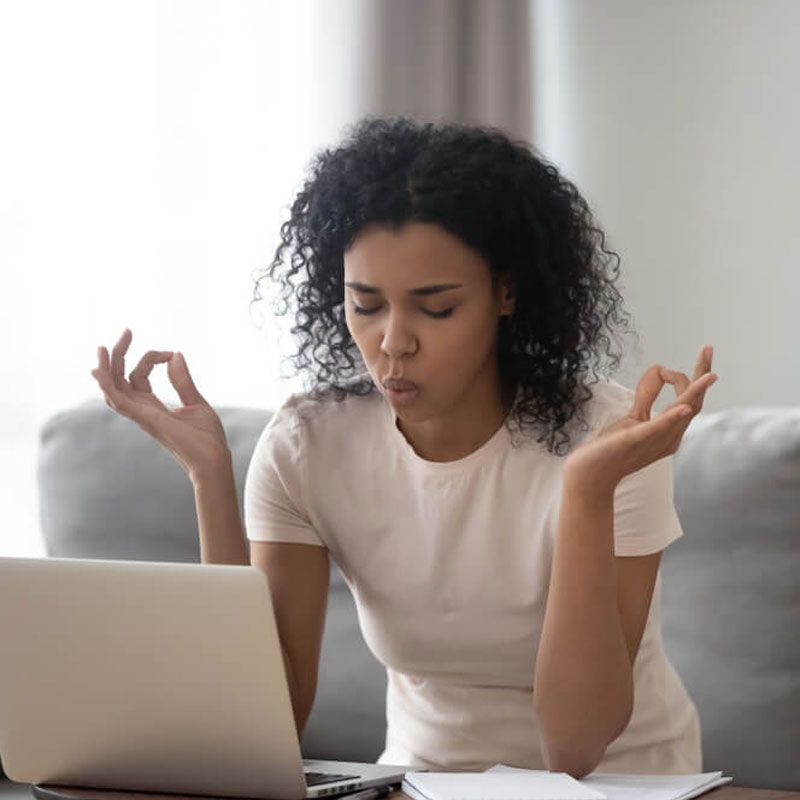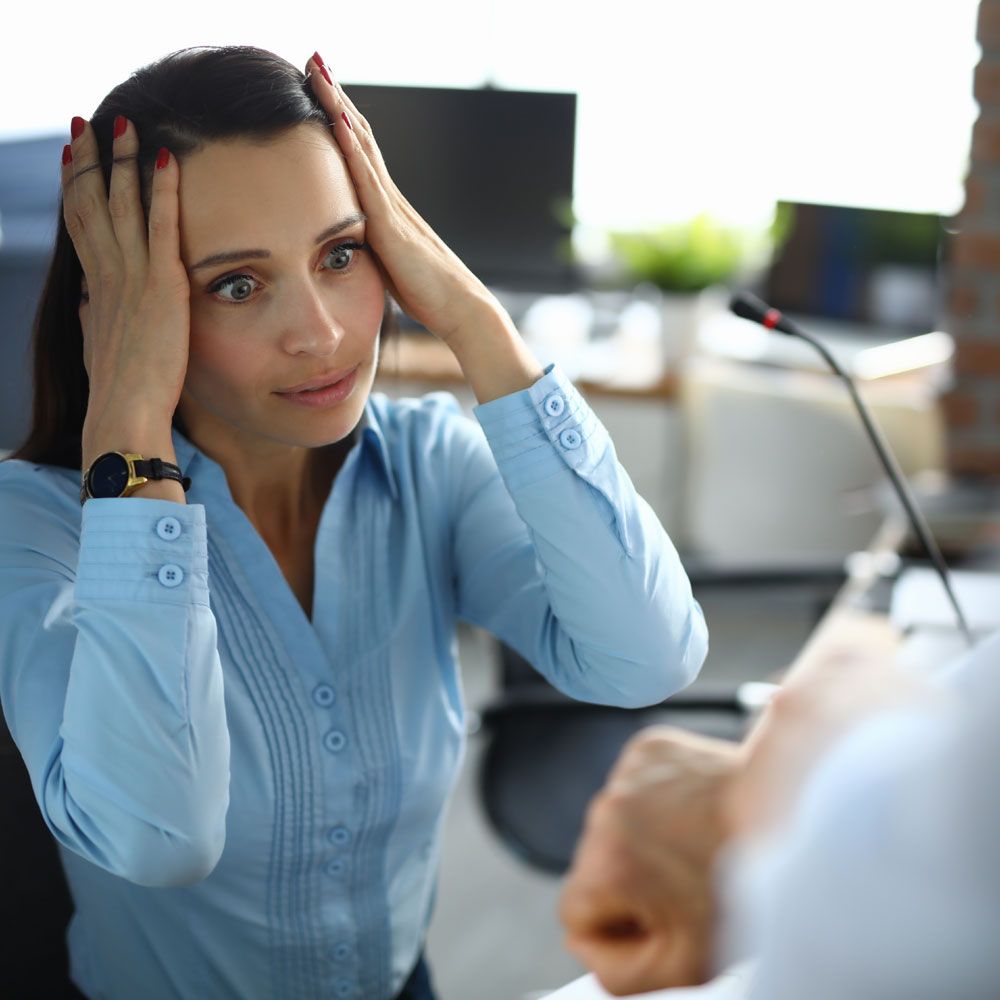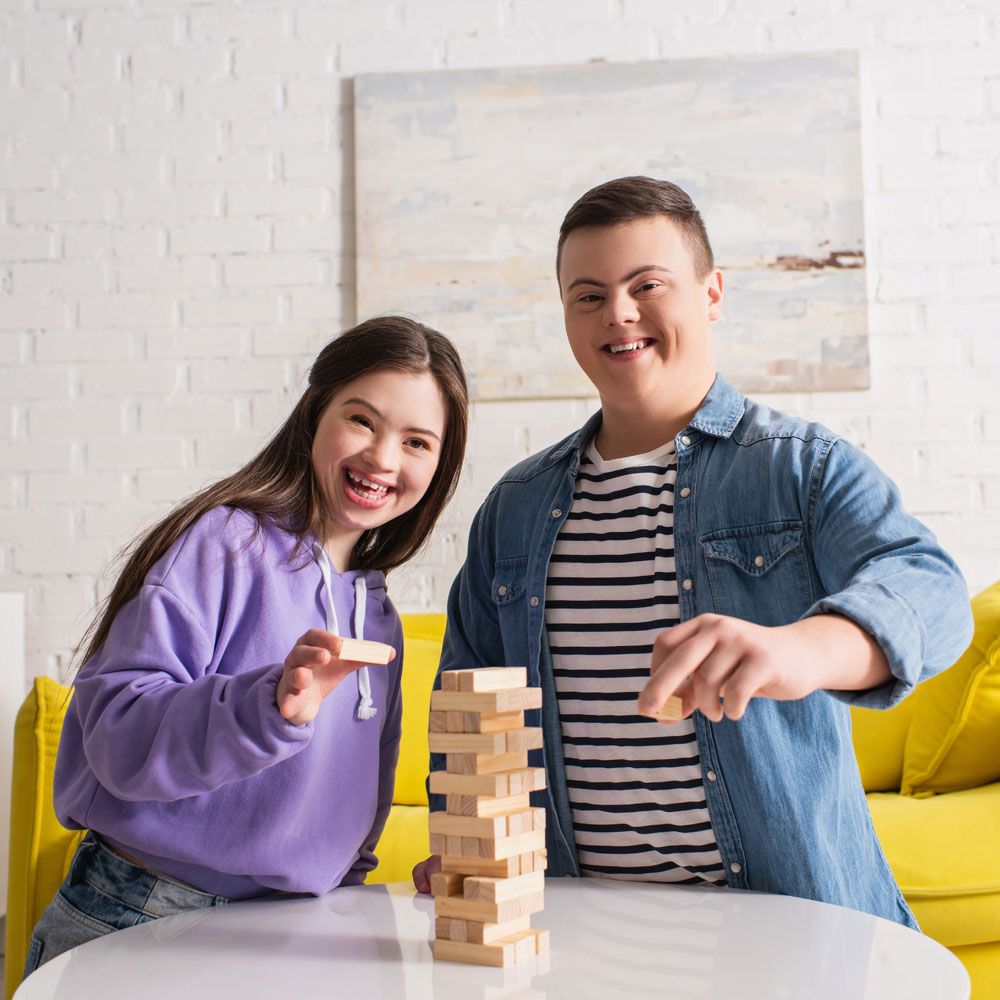Anxiety arises as a frequent and inherent emotional reaction to life’s stressors and uncertainties. While a moderate degree of anxiety can serve an adaptive and protective purpose, persistent and intense anxiety has the potential to profoundly disrupt one’s life quality. How do you get rid of anxiety? The good news is that there exist an array of strategies and methods designed to effectively manage and mitigate anxiety’s impact, empowering individuals to discover inner serenity and emotional equilibrium. Within this all-encompassing guide, we will delve into diverse approaches aimed at addressing anxiety, thereby reestablishing mastery over our cognitive processes and emotional responses with anxiety coping skills for adults.
Understanding Anxiety
Before delving into methods for managing anxiety, it’s crucial to comprehend the nature of anxiety and its impact. Anxiety, a natural response to challenging situations, primes our bodies to confront potential threats, yet chronic anxiety can result in persistent worry, racing thoughts, and physical symptoms like an elevated heart rate and breathlessness. Identifying anxiety’s signs is the initial step in effectively addressing it, as recognizing its presence allows us to seek appropriate strategies and support, breaking its hold on our well-being and paving the way for emotional resilience and tranquility.
How You Can Get Rid of Anxiety
- Deep Breathing Exercises: Deep breathing triggers the body’s relaxation response by activating the parasympathetic nervous system. This calms the “fight or flight” response associated with anxiety, slowing the heart rate and reducing feelings of panic.
- Progressive Muscle Relaxation: Tension often accompanies anxiety. Progressive muscle relaxation is one of the anxiety coping skills for adults that helps you become aware of muscle tension and then release it, promoting physical relaxation and indirectly reducing anxious thoughts.
- Mindfulness Meditation: Mindfulness encourages you to observe your thoughts and emotions without judgment. This practice is one of the anxiety coping skills that reduces the tendency to get caught up in anxious thought patterns and cultivates a sense of presence and acceptance.
- Yoga: Yoga combines physical movement, breath control, and meditation. How do you get rid of anxiety with yoga? Yoga promotes relaxation, improves flexibility, and increases body awareness, helping to release physical and mental tension.
- Exercise: Physical activity releases endorphins, neurotransmitters that act as natural painkillers and mood enhancers. These chemicals help alleviate anxiety and boost overall well-being.
- Limit Caffeine and Sugar: Caffeine and sugar can amplify the body’s stress response, causing jitteriness, heart palpitations, and restlessness, which can mimic or exacerbate anxiety symptoms.
- Healthy Diet: How do you get rid of anxiety with a healthy diet? Nutrient-rich foods provide the vitamins and minerals necessary for optimal brain function. A balanced diet supports stable blood sugar levels and enhances mood regulation.
- Adequate Sleep: Sleep is crucial for mood regulation and emotional resilience. A lack of sleep can increase irritability and exacerbate feelings of anxiety. Adequate sleep can be one of the solutions to what takes anxiety away.
- Social Support: Spending time with loved ones provides emotional validation and reassurance. Sharing your feelings with others reduces isolation and fosters a sense of belonging.
- Journaling: Writing helps you externalize your thoughts and feelings, gaining perspective on triggers and patterns. An example is: you can write down the question of “how do you get rid of anxiety?” or “what takes anxiety away?” and answer in detail which one of these coping skills are right for you. Journaling is one of the anxiety coping skills for adults that act as a safe outlet for our emotions and can lead to self-discovery.
- Limit Screen Time: How do you get rid of anxiety while still having screen time? Excessive screen time, especially on social media, can lead to “compare and despair” thinking, where you constantly compare yourself to others, fostering feelings of inadequacy and anxiety. It is important to find a balance and refrain from excessive use because it can lead to an addiction to scrolling on social media.
- Hobbies and Creative Outlets: Anxiety coping skills include engaging in enjoyable activities that diverts your focus away from anxious thoughts, providing a sense of accomplishment and relaxation.
- Visualization: Anxiety coping skills can also look like imagining a calm environment that engages your imagination and creates a mental escape from the stressors causing anxiety.
- Positive Affirmations: Replacing negative self-talk with positive affirmations reshapes your thought patterns, boosting self-esteem and reducing self-doubt. Daily positive affirmations can help shift your mindset and aid in answering the question of “how do you get rid of anxiety?”.
- Practice Gratitude: Focusing on the positives in your life shifts your mindset from worry to appreciation, reducing anxious rumination. This shift in mindset can aid in changing perspective about learning what takes anxiety away for you.
- Time Management: Organizing tasks and breaking them into smaller steps helps prevent burnout, fostering a sense of control over your schedule.
- Breathing Techniques: Anxiety coping skills for adults include specific breathing patterns like the 4-7-8 technique increase oxygen flow, calming the nervous system and reducing physical symptoms of anxiety.
- Limit Overthinking: Designating specific times for worrying prevents intrusive thoughts from consuming your entire day, adopting anxiety coping skills for adults into your daily routine means giving structure to anxious thinking.
- Therapeutic Techniques: Therapies like CBT help reframe negative thought patterns, identify triggers, and develop coping strategies to manage anxiety.
- Professional Help: Mental health professionals offer personalized guidance and, if needed, medication to manage severe anxiety that interferes with daily life.
A NYC anxiety therapist can help you in managing anxiety!
How do you get rid of anxiety when anxiety emerges as a common and built-in emotional response to the challenges and unpredictabilities of life. Although a reasonable amount of anxiety can play a beneficial and safeguarding role, ongoing and strong anxiety has the capacity to significantly disturb an individual’s overall quality of life. At Uncover Mental Health Counseling, we have NYC anxiety therapists who can help you in managing anxiety. Follow these steps to get started:
- Reach out to Uncover Mental Health Counseling to arrange a free consultation call.
- Meet with an anxiety therapist in NYC for your initial session.
- Begin receiving the necessary support to cope with your anxiety.






































